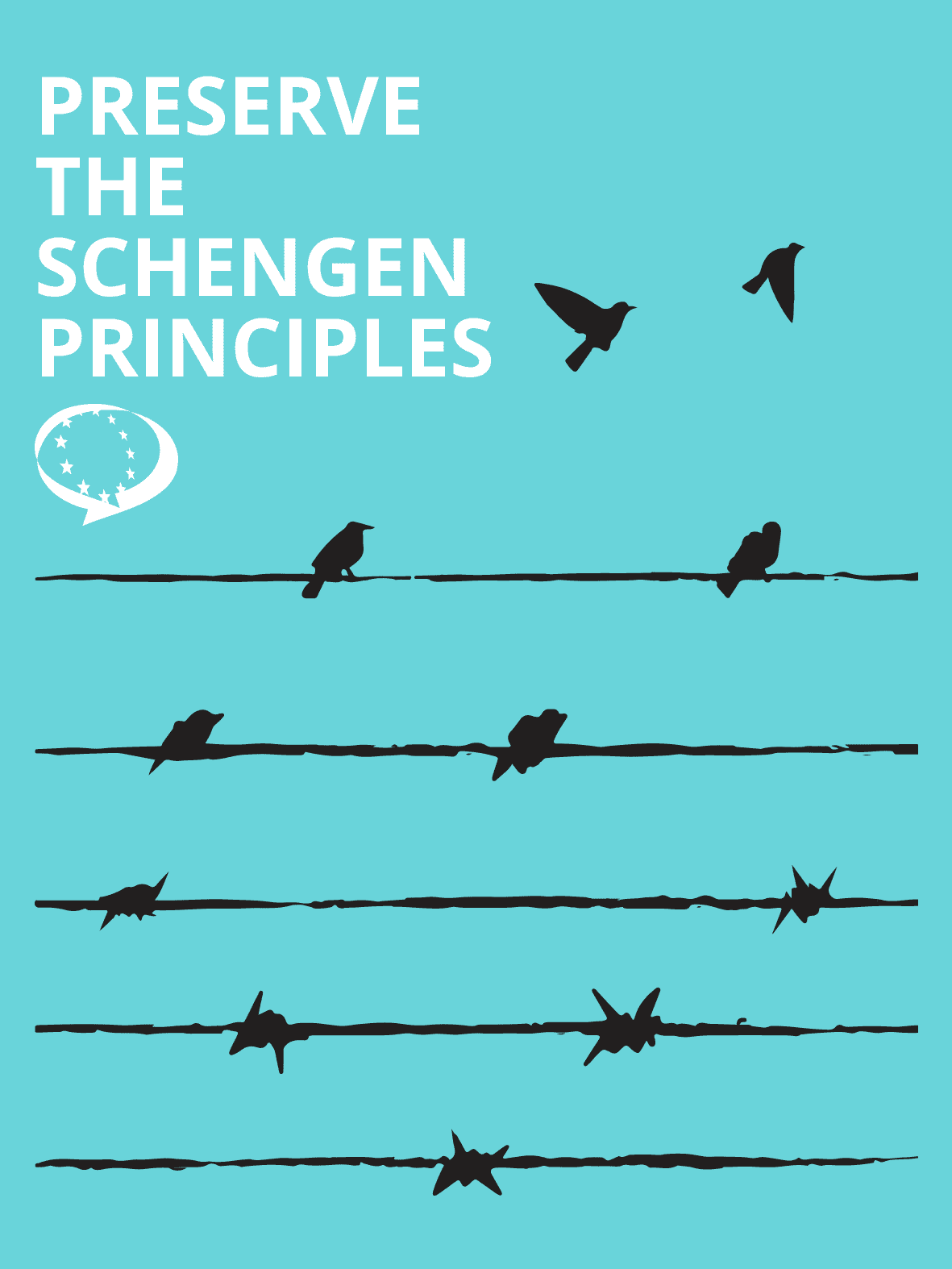Unfortunately, we are all too familiar with the current situation in Lebanon, the numerous challenges that this wonderful, complex and convulsive country has met in recent times and continues to muddle through.
Today, we can consider this gem, located in the far east of the Mediterranean Sea, as the perfect example of a failed state where corruption is rampant in an inefficient government, which is the victim of constant blockades, where the separation of powers is non-existent, the economic situation is seen as almost irreversible, and dismay and disillusionment dwell in the hearts of its inhabitants.
Without wishing to indulge in a pessimism lifestyle which would, however, be more than justified, the 32nd Kataeb Congress turned out to be a call for political reconciliation under the concept of the Lebanese identity, leaving aside ethnic, religious, and social differences of the past.
This opportunity to discuss internal policies and modernise the party’s structure, adapting it to current times and needs, led to substantial changes in the party’s statutes. In this regard, the efforts of its members concerning the gradual incorporation of women into the political sphere, increasing the minimum quota for women’s participation from 20 to 25 per cent, as well as greater openness to the outside world, allowing non-nationals of Lebanese origin to join the party, are noteworthy. Delegates were also invited to debate amendments (instead of simply voting yes or no at the Congress), as well as the restructuring of the Kataeb’s different departments and the subsequent definition of their respective functions.
Regarding the party’s positioning for the next four years, it was determined that, in terms of its foreign relations, efforts should concentrate on rebuilding Lebanon’s foreign relations with friendly countries and traditional allies in the West, and with those in the Gulf area, with who ties have deteriorated with as of late in light of Hezbollah’s influence over the last decade.
Kataeb’s party has also decided this time to be clear about positioning Lebanon as a neutral state in the midst of regional and international conflicts, which should allow the country to enjoy internal peace among its various minorities, and thus advance its relations with neighbouring countries.
In terms of its internal alignment, the Kataeb party has unequivocally decided that it will be on the side of any political front that aims to rebuild Lebanon’s state institutions, respect the Constitution and laws, and work tirelessly to rebuild the country’s economy and social security system. In turn, the party will oppose by all possible means attempts by Hezbollah and its allies to take over the country and transform it into another Venezuela or North Korea, acting as a satellite state of the Iranian regime. This will be a cornerstone in the foundations of a new mandate for the members of the government.
The ask of the congress for their allies in the European Union, with special mention to the EPP group within the European Parliament, were to impose economic sanctions and to make public pronouncements of condemnation, in an effort to force the failed government of the Lebanese state to reform its financial system and public institutions once and for all. This reform is critical to address the economic crisis that started in August 2019 and was exacerbated by the COVID-19 pandemic and the Beirut Port Explosion of 2020.
There is hope for Lebanon, but there is no more time to lose. As it was stated during the Congress, while the Lebanese are commended for their resilience, they do not want to find themselves in a continuous state of being resilient, but rather once again become a prosperous and thriving nation.







